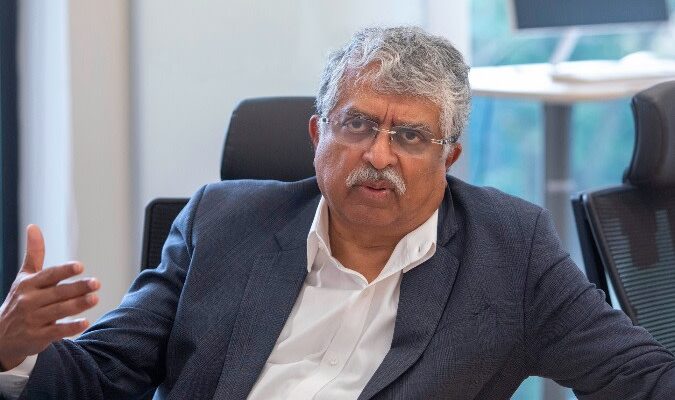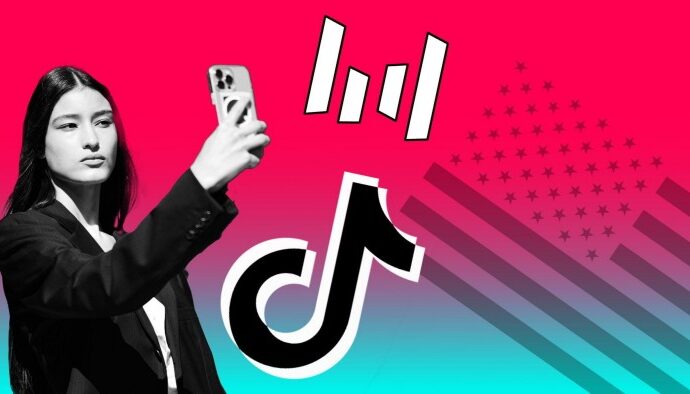Stay informed with free updates
Simply sign up to the Pharmaceuticals sector myFT Digest — delivered directly to your inbox.
The US has granted regulatory approval for an Alzheimer’s drug from pharmaceutical companies Eisai and Biogen that can be administered at home similar to how some popular weight-loss medicines are given.
The approval process of the drug known as Leqembi had been keenly watched by investors, who are hoping the new shot could boost sales and prop up the sliding share prices of the two companies. The drug could potentially slow the progress of a disease that affects millions of people globally.
Considered a breakthrough for Alzheimer’s treatment when it launched, Leqembi has struggled to gain traction in part because tests for the disease were not initially covered in the US by Medicare insurance, and some physicians’ concerns about its side-effects.
Leqembi initially won US Food and Drug Administration approval in 2023 and is only offered as an infusion in doctors’ offices that takes about an hour. The medicine helps slow the rate of cognitive decline among Alzheimer’s patients by targeting one of the amyloid proteins that form sticky plaque around brain cells.
The FDA on Friday gave the green light to Eisai and Biogen’s new version of the shot, allowing it to be administered at home by patients who have completed 18 months of infusion treatments in a doctor’s office.
The approval should help Eisai and Biogen better compete with the likes of Eli Lilly, whose own Alzheimer’s drug was sanctioned by the FDA last year.
Eisai’s Tokyo-listed shares tumbled last summer when the EU’s drug regulator initially rejected Leqembi due to its side-effects. They fell further in November when the Japanese pharmaceuticals group slashed its sales forecasts for the medicine. Earlier this year, the EU granted approval for the shot and Eisai’s shares are almost 5 per cent in 2025.
Shares of Boston-based Biogen have more than halved since hitting a multiyear high when Leqembi was granted US approval in mid-2023. The stock is down 11.9 per cent this year.
Eisai and Biogen started collaborating on Alzheimer’s treatments in 2014, and Eisai is leading the duo on development and regulatory submissions. Leqembi generated $160mn in sales for Biogen in the second quarter, comprising about 6 per cent of its revenue.
New blood tests to detect Alzheimer’s early are also supporting Leqembi’s sales. Alzheimer’s starts much earlier than memory-loss symptoms emerge, and blood tests to identify Alzheimer’s had nearly tripled in the US in the past year, Lynn Kramer, Eisai’s chief clinical officer, said in an interview with the Financial Times.
“The goal is to stop it as soon as possible before you have had brain injuries. Diagnosis early is extremely important,” he said. With the new shot, “this will be a tremendous improvement in expanding access to Leqembi”.
Worldwide, more than 50mn people have dementia, a diagnosis that may include Alzheimer’s, according to a 2024 report from the National Institutes of Health. In the US, where Alzheimer’s is the sixth-leading cause of death, research for the disease enjoys bipartisan support in Washington. The US is currently spending $3.8bn on Alzheimer’s research a year.


